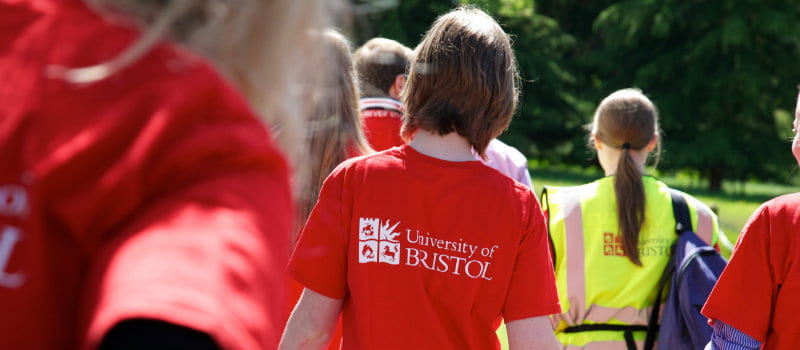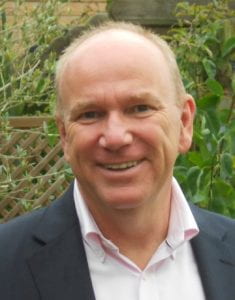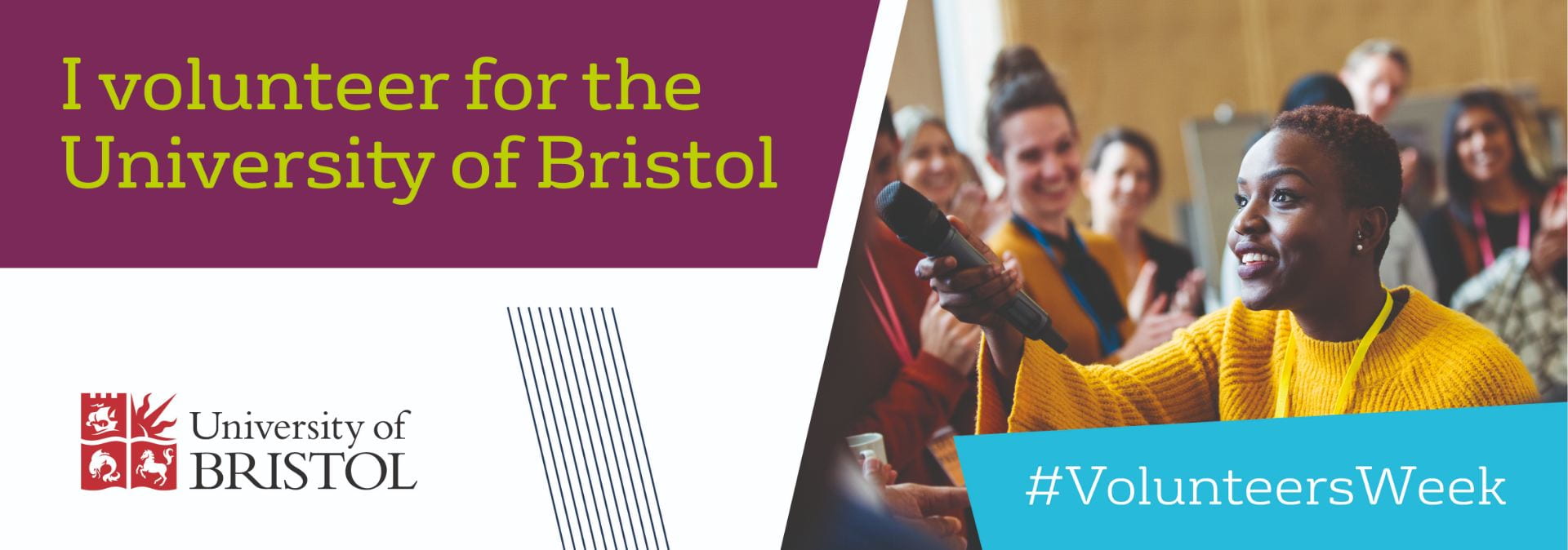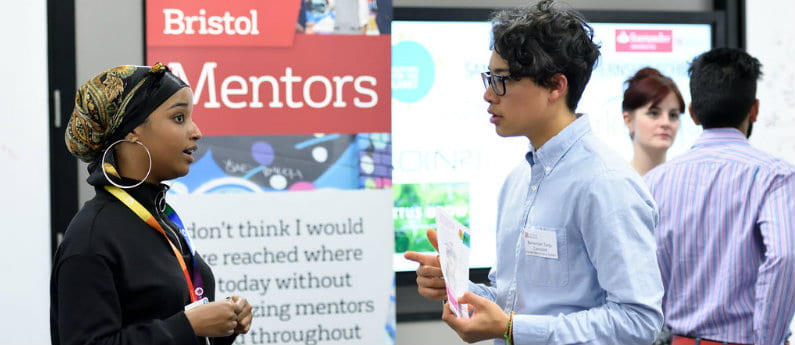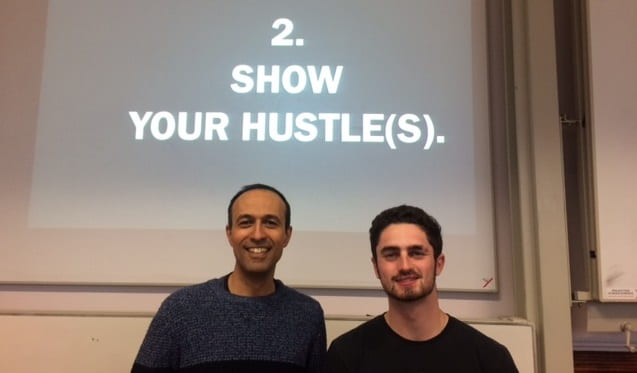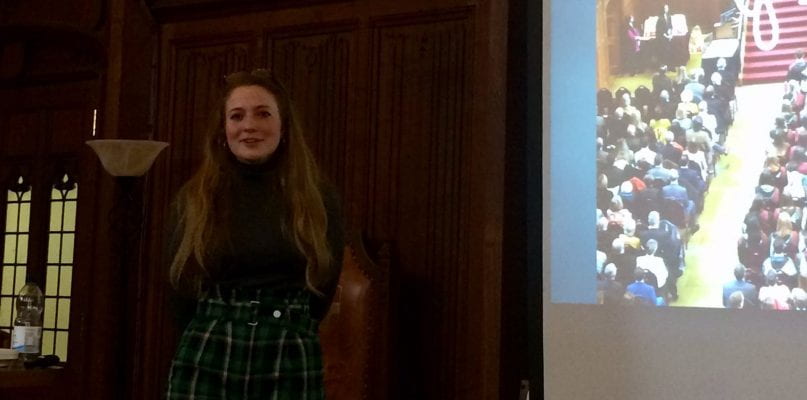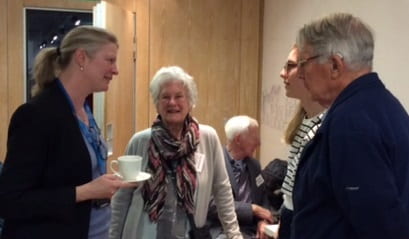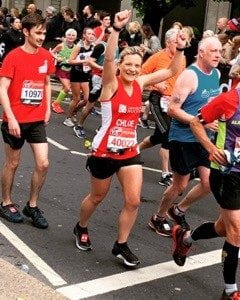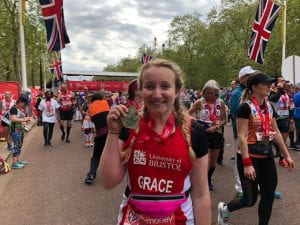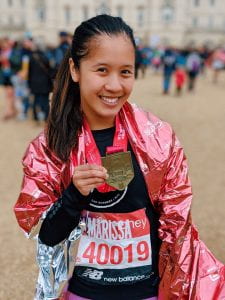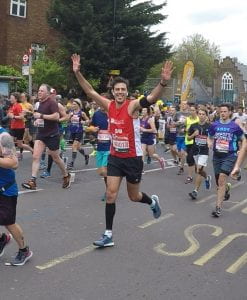A sanctuary is a refuge, a place where those within are protected and encouraged to grow. And that is exactly what the Sanctuary Scholarships at the University of Bristol do for the students who receive them: they offer refugee and asylum-seeking students the opportunity to grow in a safe place.
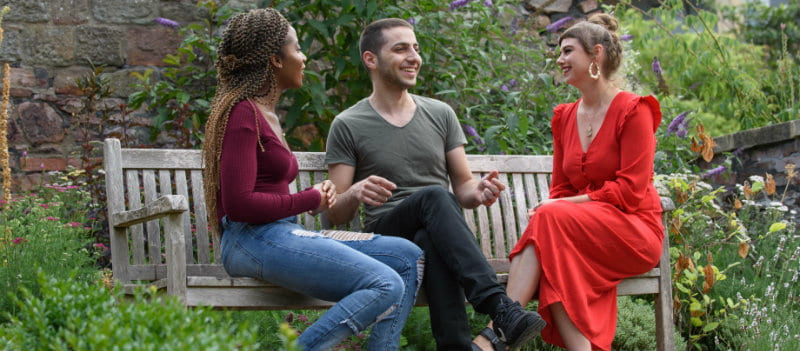
It’s fitting that the University offers these scholarships, after all Bristol is a City of Sanctuary, which makes it part of a growing network of other like-minded cities that are proud to offer sanctuary to people fleeing violence and persecution.
For many displaced people the opportunity to study at university is just a dream. But because of this programme – supported by £45,000 of donations from our generous alumni and friends – some of those dreams are becoming a reality.
Since the programme’s inception 32 Sanctuary Scholarships have been awarded. These bright students are studying a range of subjects, including International Development, European and Global Governance, as well as working on the International Foundation Year programme – which provides students with the skills and knowledge necessary to progress to undergraduate study.
We spoke to three of the Scholars and asked them a few questions about their time at Bristol. Their answers are moving, and we hope they’ll shed some more light on how important this scholarships programme is.
As you can understand, these students have requested to remain anonymous.
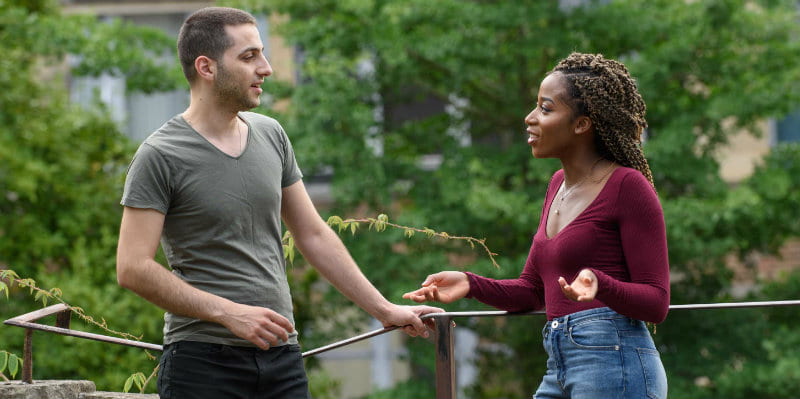
What are you studying and why did you choose that subject?
I am doing an MSc in International Development. The reason behind my choice was the atrocious civil war that has been going on for about eight years in my home country, Syria. When the war comes to an end, there will be a great need for professional staff to rebuild the country and do development projects. Apart from Syria, the large number of poor around the world triggered my interest in the development sector, I want to learn and investigate the best ways to extricate the deprived from severe poverty.
Does Bristol feel like home?
In general, next to my home town and country, I have come to the conclusion that Bristol is my home. Firstly, the city is interesting. There are so many interesting places for instance, Clifton Suspension Bridge, Bristol Cathedral, and St Mary Redcliffe Church. I find the people supportive and friendly and I have got friends that I consider to be family. Therefore, if home is where your family live, I can say I feel at home here. Bristol is a great city, with a great university – the people are friendly, supportive and above all a socially inclusive people.
How would you describe the university to someone who has never been here?
I would say that the University of Bristol is the best university in the world. They helped me to fulfil my dream and understand the bigger picture for our world in academic and professional manners. People who are working at the University of Bristol are kind, caring, supportive and professional.

How did it make you feel when you found out you got a Sanctuary Scholarship?
I could not believe when I received the email that I was chosen among numerous other worthy applicants. I started crying as I could not believe it — especially since my financial situation means that I will only be able to complete my studies with financial support from the University because I was an asylum seeker.
The asylum process has been a largely unpleasant experience. As I do not have the right to work, I am forced to survive on £36.95 per week from the government. Before receiving the Sanctuary Scholarship, this had to cover the cost of food, drink, clothes, transportation and other living costs, and it was never enough. I often had to walk around five miles a day so I could go to the city centre to purchase groceries, and at times I would go without a meal or two so I can pay for the bus home. Every week, I had to do without so I can pay for other important things.
So, receiving this scholarship has saved my life and gave me the sense that I am a person of value, presence and purpose. I would like to take this opportunity to express my appreciation and gratitude to the hidden musketeers who support me and made my dream come true, including: donors, management, admin and professors. I could not reach this far without your support. From the bottom of my heart, thank you.
**********************************************************************************************************
Thank you to everyone who has donated so far to our Sanctuary Scholarships programme. You really are making a difference to people. If you would like to give a gift today please visit our online donation page.
A short film about the Scholars called I’m Here has been created by two University of Bristol students, Jessica Powell (University of Bristol TV), Amy Leigh-Hatton (President of the Student Action for Refugees society) and also Sally Patterson (Bristol SU Equality, Liberation and Access Officer). The film focuses on the stories of three Sanctuary Scholars, with an emphasis on who they are as individuals, rather than their pasts. They each walk to their favourite place in Bristol, these journeys mirroring the inspiring journeys they have made so far. You can view this film now on YouTube.



